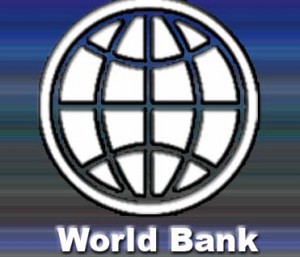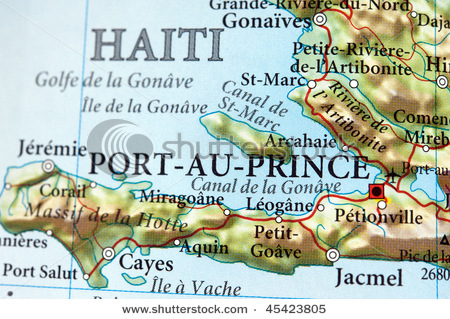Human Rights Advocate Sonia Pierre Dead at 48
 Sonia Pierre, Dominican human rights activist of Haitian descent, has died of heart failure at the age of 48. She was a passionate advocate for Haitians and Dominicans of Haitian descent living in the Dominican Republic – many of whom are stateless, not being recognized by the Dominican Republic or Haiti. She will be missed. The organization which she founded, El Movimiento de Mujeres Dominico-Haitiana or MUDHA, continues her work. An article on her passing follows below.
Sonia Pierre, Dominican human rights activist of Haitian descent, has died of heart failure at the age of 48. She was a passionate advocate for Haitians and Dominicans of Haitian descent living in the Dominican Republic – many of whom are stateless, not being recognized by the Dominican Republic or Haiti. She will be missed. The organization which she founded, El Movimiento de Mujeres Dominico-Haitiana or MUDHA, continues her work. An article on her passing follows below.











